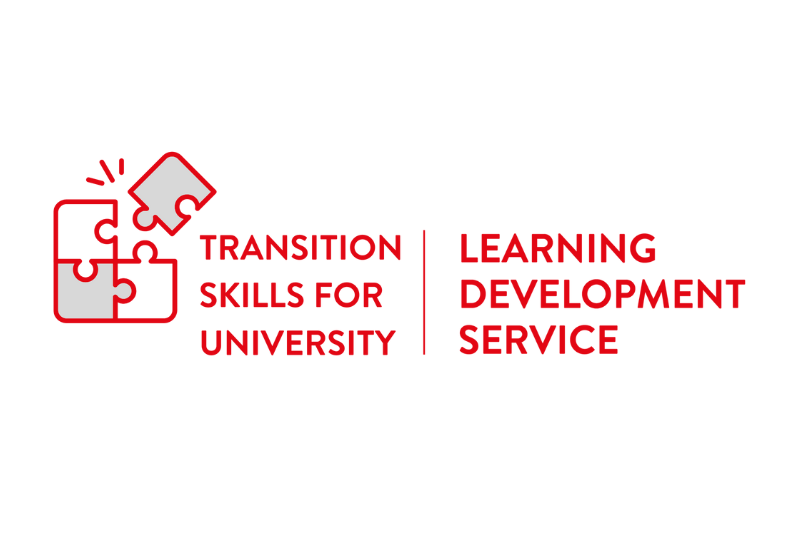
Transition Skills for University is a new and updated package of academic skills content designed to support your independent learning and progress at Queen's. It offers a range of resources that students can use for everyday study, from techniques for academic writing to tips for preparing for assessments. The content has been created by the Learning Development Service with inputs from colleagues in the Student Wellbeing Service, Disability Services, the Library, University Schools, and students. Explore further below!
Click here to access Transition Skills for UniversityTransition Skills for University comprises six units of interactive academic skills resources and is intended to support your learning as you adjust to higher education study and transition through University. These resources can form part of your own independent study or be used for teaching purposes in a classroom setting.
In the units below, you will discover video and podcast interviews with current staff and students of Queen’s, instructional videos, and downloadable resources. In each unit, you will be asked to pause and reflect on your current learning habits and consider how you can become a more independent, healthy learner.
The six units are as follows:
- Becoming a Student at Queen's
- Developing your Study Skills
- Using the Library
- Writing at Queen’s
- Referencing
- Assessment and Feedback